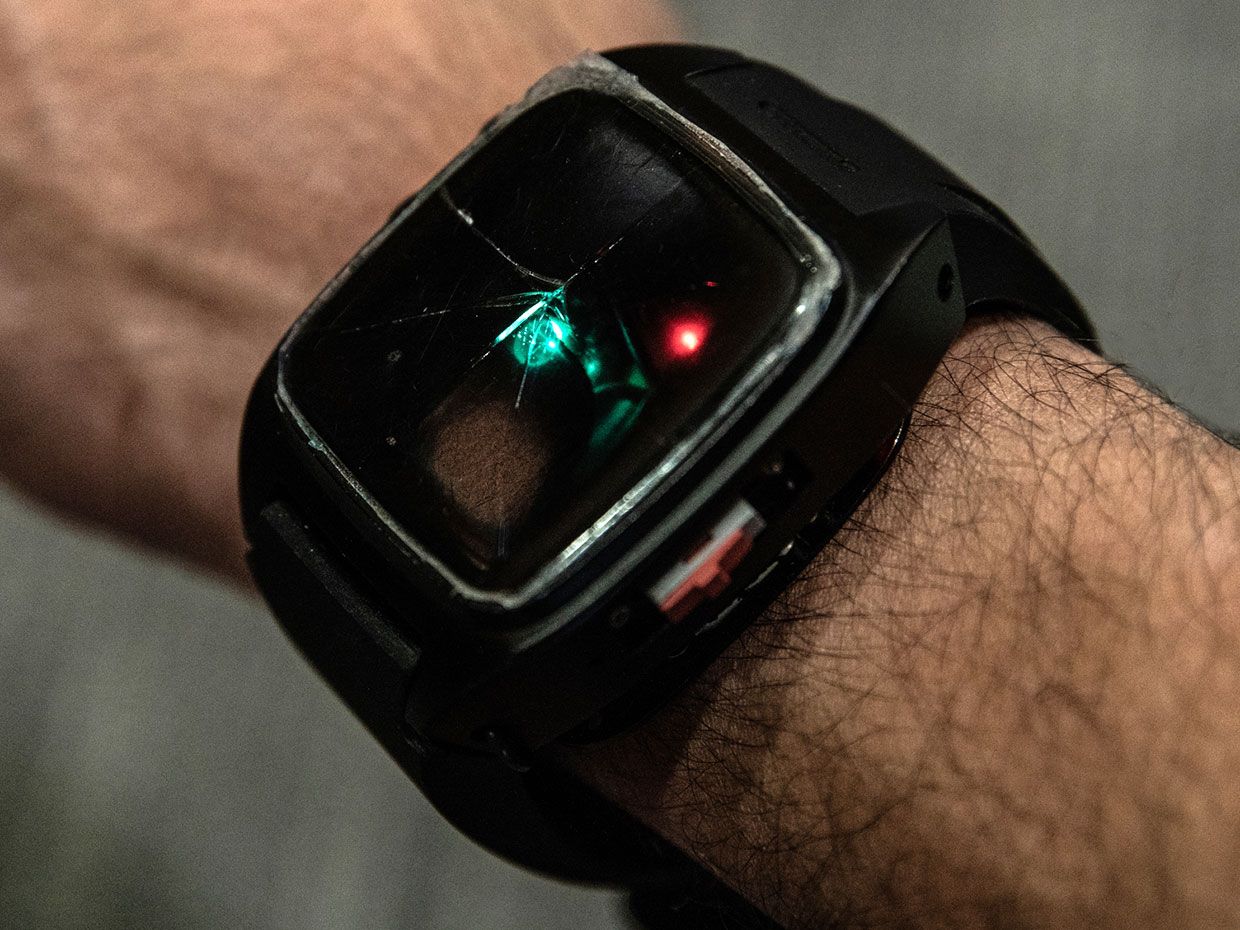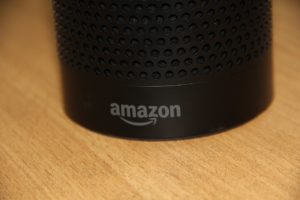Reading Time: 2 minutes
Last month, Google announced the launch of a new web technology called Federated Learning of Cohorts (FLoC), which would gradually replace the tradition of browsers and third-party websites storing user data (cookies). However, privacy-focused companies such as Brave, DuckDuckGo, Vivaldi, and others denied Google’s request to incorporate FloC in their respective browsers. They also argue that Google’s algorithm is overall harmful to the users.
Firstly let us illustrate what ‘Cookies’ do.
Cookies are text files containing small amounts of data that are used to mark your device when you connect to a computer network. They allow websites to remember you, your website logins, shopping carts, and other information. When a user returns to a website, the website recognizes that he or she has already visited and allows the user to continue where they left off.
Cookies are primarily used to better understand user habits (e.g., most visited websites, most recently purchased or observed items) and to provide better search results. Advertisers may use this information to display targeted advertisements for goods that are likely to appeal to that individual and result in a purchase.
Google believes FLoC is the perfect alternative to cookies and encourages others to use it.
FLoC, according to the company, would enable users to remain anonymous when browsing websites, as well as increase privacy by allowing publishers to display specific ads to groups. Rather than being tracked individually, the browsing history would be grouped with other people who have similar interests. In addition, if the user’s browsing behavior changes, the user is grouped with other users. As a result Companies would be less likely to build individual profiles based of this information.
FLoC is considered by Google to be a fair, privacy-first function, however DuckDuckGo tries to communicate that there are several gaps in how it operates. The first is that since you’ve already been allocated to a group, advertisers would have an easier time identifying you.
“With FLoC, by simply browsing the web, you are automatically placed into a group based on your browsing history. Websites you visit will immediately be able to access this group FLoC ID and use it to target ads or content at you. It’s like walking into a store where they already know all about you! In addition, while FLoC is purported to be more private because it is a group, combined with your IP address (which also gets automatically sent to websites) you can continue to be tracked easily as an individual.”
Second, there is no way to opt out of it. You have some control over what information is stored about you with cookies, but you won’t have that choice here.
All in all, DuckDuck Go states that FLoC will allow Google to store all the information about you on their servers, which in the end will be more beneficial for the advertisers and e-commerce websites. With their move where they advise to stop using Chrome they say that they just want to stop Google tracking behaviour of people.
DuckDuckGo has also published a guide on how to avoid FLoC, as well as some offensive countermeasures to Google’s new ploy. The first point of the guide explicitly tells people to stop using Google Chrome. They also demonstrated some options in Chrome’s settings menu that could be helpful to users’ privacy. DuckDuckGo’s Chrome extension has also been modified to block FLoC.
Sources:
https://spreadprivacy.com/block-floc-with-duckduckgo/
https://fossbytes.com/duckduckgo-guide-block-google-floc/




 Facial recognition can unlock your phone, help to fight crime and as the time passes, can be used in many more more cases. Now it can even diagnose certain genetic diseases based on people’s faces thanks to the DeepGestalt.
Facial recognition can unlock your phone, help to fight crime and as the time passes, can be used in many more more cases. Now it can even diagnose certain genetic diseases based on people’s faces thanks to the DeepGestalt.



